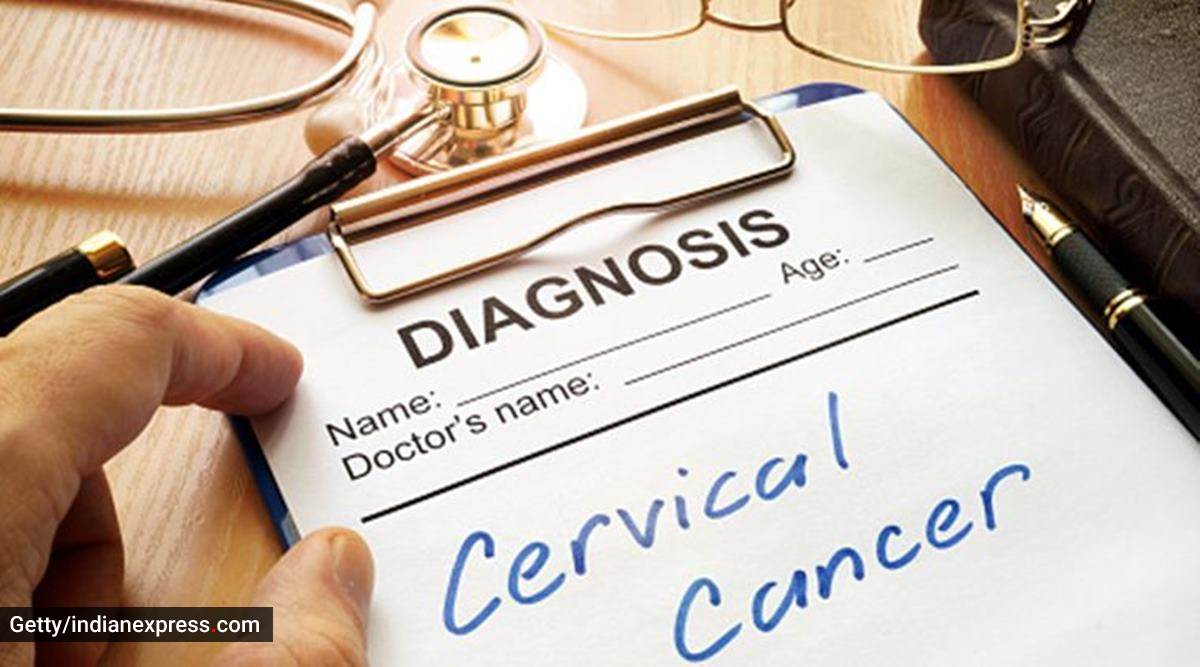
'Understanding common gynecologic cancers will help women take preventive steps, make timely detection at an early stage, and seek prompt treatment,' says Dr Sushma Tomar, Infertility Specialist at Fortis Hospital, Kalyan

Cancer is something that people struggle to understand even today. Most people fear it, because there is a general lack of understanding and knowledge. That cancers are of different kinds is known, but what people do not know is that timely diagnosis and awareness can help in the fight to beat cancer into remission.
Every year, the month of September is observed as the Gynecologic Cancer Awareness Month, with an aim to encourage women globally to learn and understand about cancers of the vagina, the ovaries, the cervix, vulva and the uterus.
Dr Sushma Tomar, Infertility Specialist and Endoscopic Surgeon, Fortis Hospital, Kalyan, says that some women don’t always present the same symptoms, and some others experience little to no symptoms.
ALSO READ | Sonam Kapoor reveals she has PCOS; shares three health tips that have helped her
She says there, however, are some common symptoms related to gynecologic cancers that women need to know:
– Abnormal vaginal bleeding
– White discharge from the vagina
– Pain in the lower abdomen
– Bloating of the abdomen
– Constipation
– Need for frequent urination
– Vaginal bleeding post menopause
– Itching vulva and soreness
“Understanding common gynecologic cancers will help women take preventive steps, make timely detection at an early stage, and seek prompt treatment,” the doctor says.
ALSO READ | PCOS Awareness Month 2020: Is there is a link between PCOS and bipolar disorder?
Cervical cancer
“The prevalence of cervical cancer is the most common type of cancer in women, especially in developing countries. It occurs when the cells inside and outside the cervix (lower part of the uterus) mutate. The Human Papillomavirus (HPV), which is sexually transmitted, causes most cases of cervical cancer.
“Cervical cancer is preventable through a vaccine that safeguards against the HPV virus; regular screening, timely diagnosis and therapeutic procedures have proven to be effective. It is found that regular screening and pap smear tests have helped bring forth cases of cervical cancer in the early stages,” explains Dr Tomar.
Endometrial cancer
“Endometrial cancer — which is also known as uterine cancer — begins in the uterus. This type of cancer is often detected at an early stage as it frequently results in abnormal vaginal bleeding. If endometrial cancer is diagnosed at the early stage, removing the uterus surgically often provides a cure. To reduce the risk of the cancer, one may talk to their gynecologist about the pros and cons of hormone therapy after menopause. Consider taking birth control pills and maintain a healthy weight.”
ALSO READ | Caring for a person undergoing dialysis: Here are some dietary and mental health tips
Ovarian cancer
“Ovarian cancer typically starts in the ovaries. It often goes undetected until it has spread within the pelvis and stomach; it is also harder to treat it at a later stage. Early-stage ovarian cancer, in which the disease is restricted to the ovaries, is more likely to be treated successfully. Prevention includes considering taking birth control pills. A family history of ovarian and breast cancer must be discussed with a specialist.”
Vaginal cancer
“It is a rare type of cancer which takes place in the vagina. Early-stage diagnosis of vaginal cancer has the best chance for treatment; if the cancer spreads beyond the vagina, it is a lot more difficult to treat. Undergo regular pelvic exams and pap smear tests on schedule, consult with your gynecologist about the HPV vaccine; and avoid smoking.”
ALSO READ | World Contraception Day 2020: A doctor debunks five myths
The doctor states some important points:
* Women must undergo pap smear tests periodically after 30 years of age
* Older age can be a risk factor
* Genetic factors play an important role in ovarian cancer; up to 10 per cent of women having family history of fallopian tube cancer, ovarian cancer, and peritoneal cancer, should undergo genetic testing for mutation in the BRCA1 and BRCA2 gene
For more lifestyle news, follow us: Twitter: lifestyle_ie | Facebook: IE Lifestyle | Instagram: ie_lifestyle
? The Indian Express is now on Telegram. Click here to join our channel (@indianexpress) and stay updated with the latest headlines
For all the latest Lifestyle News, download Indian Express App.
Source: Read Full Article